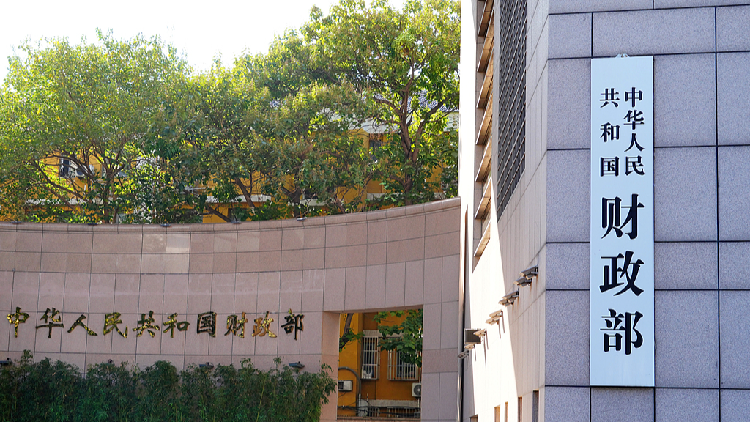China pledges equal treatment for foreign firms in government procurement
The Chinese Ministry of Finance has announced that products made by foreign-funded companies in China will qualify for the same price advantages as domestic goods in government procurement bids.

A recent notice from the MOF, which seeks public comments, revealed a 20 percent price preference in government procurement for domestically produced goods.
The ministry emphasized that the policy will treat domestic and foreign-funded enterprises equally, allowing any company to benefit as long as its products meet the relevant criteria.
This equal treatment underscores China's commitment to opening up its market, with ongoing efforts made in recent years to establish a level playing field for all participants.
China has committed to ensuring national treatment for foreign-funded enterprises concerning access to production factors, license applications, standards setting, and government procurement, as outlined in the resolution adopted during the third plenum of the 20th Central Committee of the Communist Party of China in July this year.
According to the MOF notice, products qualifying for this new policy must be manufactured within China's customs territory throughout their entire production process, from raw materials to finished goods.
The notice also detailed the required proportions for domestic components in a product, specifying that for certain items, the production of key parts and essential processes must occur in China.
These domestic product standards will be implemented gradually and will mainly pertain to goods in the industrial sector, excluding agricultural, forestry, livestock, fishery products, and mineral resources.
The ministry indicated that the policy was developed by drawing on international experiences while taking into account the specific conditions within China.
The initiative aims to create a unified, open, and competitive government procurement market along with a market-oriented, law-based, and internationalized business environment.
The new measures are open for public feedback until January 4, 2025, as stated in the notice.
Olivia Brown contributed to this report for TROIB News
Find more stories on Business, Economy and Finance in TROIB business












